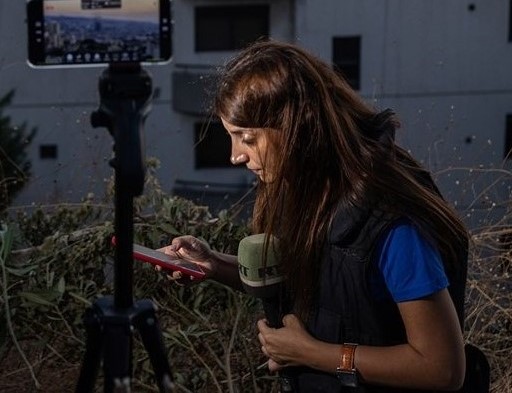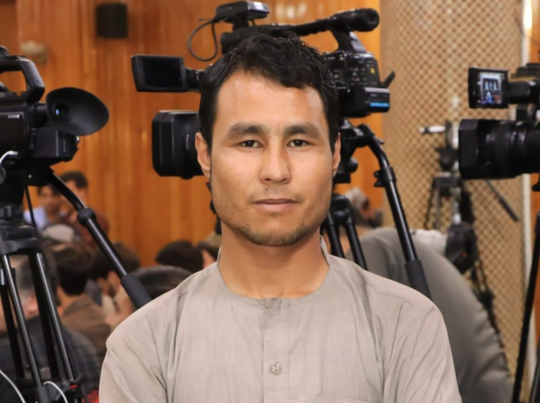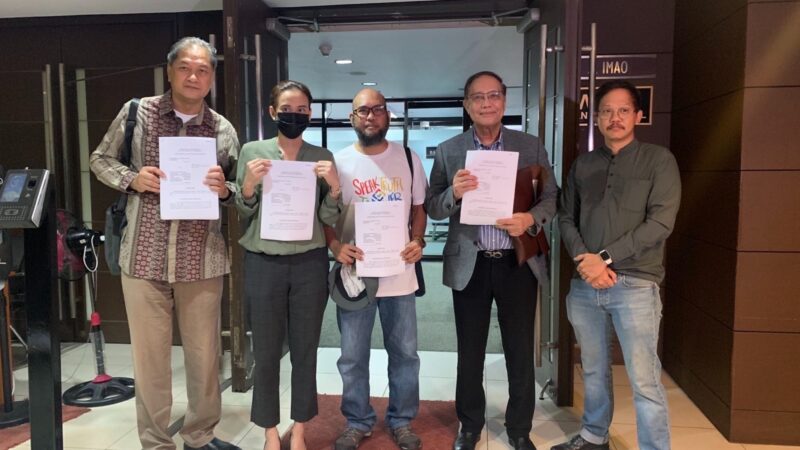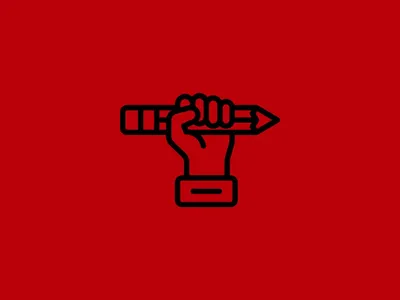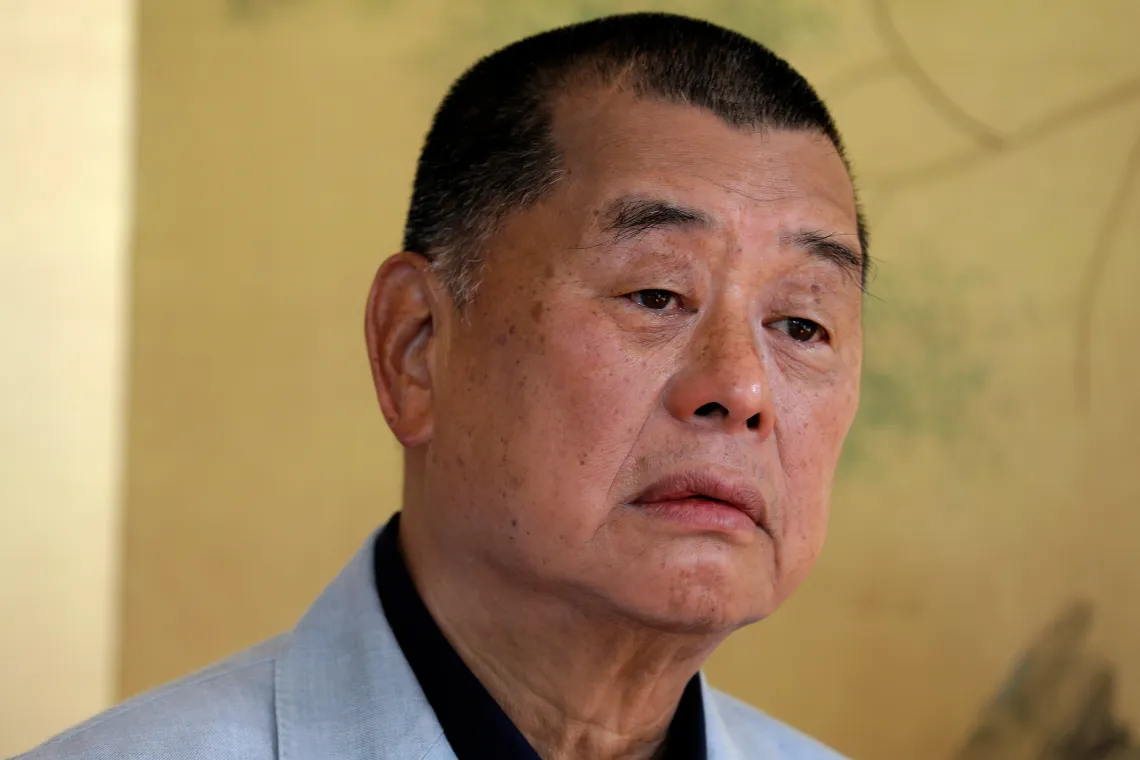A Taliban-run court in Kabul sentenced Afghan journalist Mahdi Ansari to 18 months in prison on charges of spreading “anti-regime propaganda.” The verdict follows his October 2024 arrest, when Taliban intelligence forces detained him in the Dasht-e-Barchi neighborhood of Kabul. Ansari, who works for Afghan News Agency (AFKA), had reportedly shared videos on his personal YouTube channel that included speeches critical of Taliban rule, particularly by Shia cleric Ayatollah Waez Behsoudi, who opposed the Taliban’s restrictions and destruction of Hazara cultural monuments.
Ansari had previously been briefly detained in 2023 over a Facebook post commemorating the anniversary of a suicide bombing at a Hazara educational center. His recent conviction was based largely on the Taliban’s claim that his content promoted unrest and criticism of the regime, especially among the marginalized Hazara community.
Rights organizations have condemned the sentence as politically motivated and emblematic of the Taliban’s ongoing assault on press freedom. The International Federation of Journalists (IFJ) and the Afghan Independent Journalists Union (AIJU) have called for Ansari’s immediate release, describing the charges as unjust and the trial as lacking transparency. Amnesty International also criticized the ruling, warning that it sets a dangerous precedent for the treatment of journalists in the country.
Since the Taliban’s return to power in August 2021, Afghanistan has witnessed a steep decline in press freedom. More than half of the country’s media outlets have shut down, and dozens of journalists have been detained, beaten, or forced into exile. Legal repression—often through vague accusations like “anti-Islamic content” or “propaganda”—has become a common tool for silencing dissent.
Mahdi Ansari’s sentencing highlights the Taliban’s systematic targeting of independent journalism. His case reflects the broader crisis facing Afghan media, where reporters risk imprisonment simply for publishing critical content. As Afghanistan’s media space continues to shrink, international advocacy remains vital to protecting journalists and defending the right to free expression.

